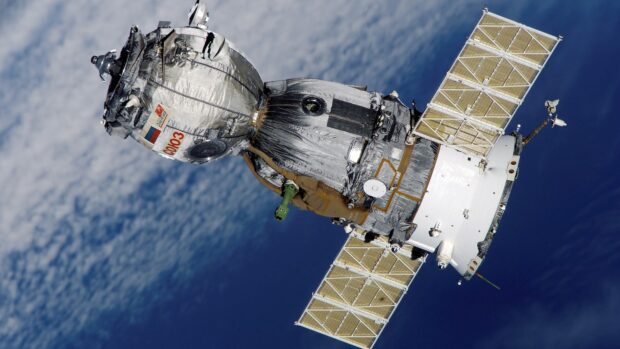Japan Launches ADRAS-J Mission to Clear Space Debris
Witnessing a space rocket blazing through the sky is truly awe-inspiring. However, as boosters drop and space debris lingers, have you ever wondered where all that clutter will go? Astroscale Japan Inc., a Tokyo-based company, is on a mission to address this problem by launching the world’s first-ever space junk clearing operation called the ADRAS-J Mission. The Earth’s orbit is now overcrowded with abandoned space equipment, broken satellites, and other garbage that poses a threat to current and future space missions. This article will delve into Japan’s latest efforts to combat space junk and explore the risks and challenges associated with cleaning up orbital refuse.
How Will Japan Clear Space Debris?
According to the Mainichi news website, Astroscale Japan will deploy the ADRAS-J satellite to collect data on space debris while simultaneously developing a mechanical arm capable of maneuvering closer to the Earth’s atmosphere. Most objects burn up in the atmosphere due to the compression of air and their high velocities during descent. Astroscale may employ its ELSA-d satellites for the actual debris removal operations. In 2021, DW provided details about these satellites, including a 175 kg servicer satellite and a 17 kg client satellite. Here’s how it works: the servicer satellite is equipped with proximity rendezvous technologies and a magnetic docking mechanism to remove defunct satellites and larger debris. The client satellite, with a ferromagnetic plate, docks onto a space object, and then the servicer descends into the Earth’s atmosphere with the client and the debris until they disintegrate. However, caution must be exercised when dropping objects into the Earth’s atmosphere to avoid collisions with operational satellites and to ensure complete disintegration. Collisions or failure to disintegrate could trigger an unpredictable chain reaction known as the Kessler Syndrome, where space objects form larger aggregates that become difficult to eliminate. That is why the ASDRAS-J mission is of utmost importance, as it gathers crucial information for future clearing operations.
Why Should We Clear Space Debris?
The importance of clearing space debris cannot be understated. Astroscale’s founder and CEO, Nobu Okada, eloquently explains this issue. In an interview with DW in 2021, Okada stated, “I believe the space debris issue is one of the most pressing and important issues in the world today. Some might argue that we have enough problems here on Earth, like climate change and other environmental issues….but it is because of satellite services that we are able to understand the health of our planet. Satellites are the reason why we are able to measure, monitor, and manage climate change, and they enable us to predict the future of the Earth. Environmental protection on Earth cannot exist without orbital protection in space.” Despite the monumental challenge of clearing space debris, Okada and his company are determined to achieve this goal. He identifies three key challenges: developing the necessary technology, informing international and domestic policies, and identifying a viable business case. Building a satellite capable of rendezvous, docking, and safely removing defunct satellites from orbit is already an enormous technical feat.
Conclusion
Japan’s Astroscale is bringing its culture of cleanliness to the realm of outer space with the upcoming launch of the ADRAS-J Mission in 2023. This pioneering space debris clearing operation has the potential to revolutionize responsible space exploration. It sets an example for other countries to take responsibility for their own orbital messes, ensuring the safety of all future space endeavors. With the ambitions of space economies and the vision of elevating humanity into an interstellar species shared by nations like China and the United States, addressing the issue of space debris is a crucial step forward. Stay updated on this endeavor and other digital trends by visiting Inquirer Tech.
Denial of responsibility! Vigour Times is an automatic aggregator of Global media. In each content, the hyperlink to the primary source is specified. All trademarks belong to their rightful owners, and all materials to their authors. For any complaint, please reach us at – [email protected]. We will take necessary action within 24 hours.


